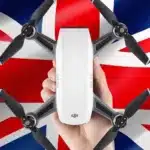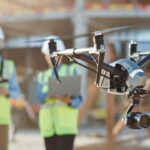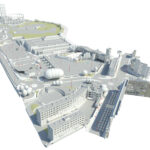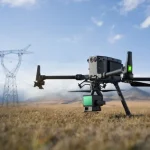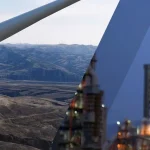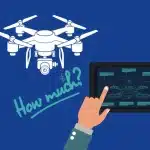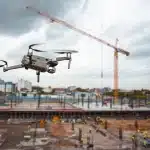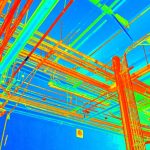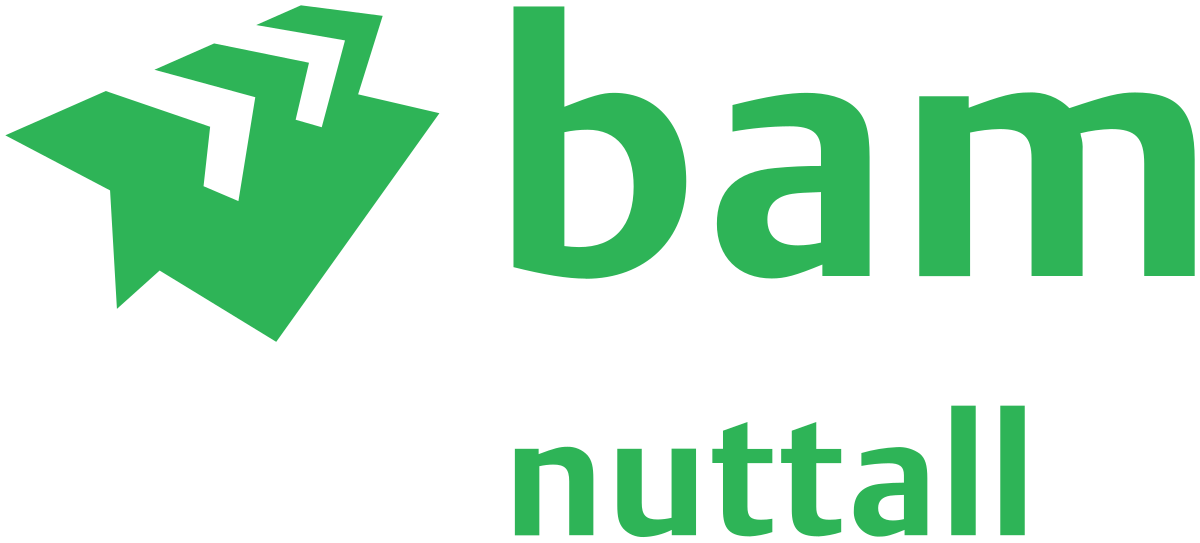Introduction
If you’re responsible for maintaining buildings, infrastructure or industrial assets, you know how critical it is to detect faults before they become major problems. Traditional inspection methods often require expensive scaffolding, rope access or shutdowns that disrupt operations. Drone inspection services offer a safe, efficient alternative. Using unmanned aerial vehicles equipped with high‑resolution cameras, thermal sensors and LiDAR, our team delivers detailed reports on roofs, structures and industrial equipment—without the risks and costs of manual inspections. In this guide you’ll learn about the types of inspections we offer, how the process works, the benefits over traditional methods, real‑world case studies and answers to frequently asked questions.
Types of Inspections
Roof Inspections
Roofs are prone to leaks, cracks, loose tiles and weather damage. Our drone roof inspections capture high‑resolution imagery and thermal data to identify missing tiles, membrane failures, ponding water and heat loss. By flying close to the roof surface, drones detect defects invisible from the ground and pinpoint areas requiring repair. This avoids the need for scaffolding or cherry pickers and minimises risk to personnel.Structural Inspections
Bridges, towers, chimneys and other vertical structures need regular inspections to ensure structural integrity. Drones can safely access hard‑to‑reach areas, capturing detailed images and 3‑D models that reveal cracks, corrosion and deformities. Our team uses zoom and thermal cameras to examine joints, bolts and welds at high altitude. Structural engineers use the data to plan maintenance without sending workers into hazardous environments.Industrial Equipment Inspections
Industrial sites such as power plants, refineries and manufacturing facilities rely on assets like tanks, pipelines, flare stacks and wind turbines. Drone inspections detect corrosion, leaks, insulation failures and hot spots. Sensors including infrared cameras spot heat anomalies indicative of electrical faults or insulation breakdown. By performing inspections during normal operations, drones reduce downtime and help schedule maintenance more effectively.Custom & Specialist Inspections
We also provide specialist inspections, including:- Thermal imaging for energy audits and identifying heat loss in building envelopes.
- LiDAR scanning for detailed 3‑D models of facades and complex structures.
- Confined space inspections using tethered drones equipped with lighting and protective cages to inspect tanks or ducts.
- Agricultural & environmental surveys to assess crop health, tree canopy and erosion.
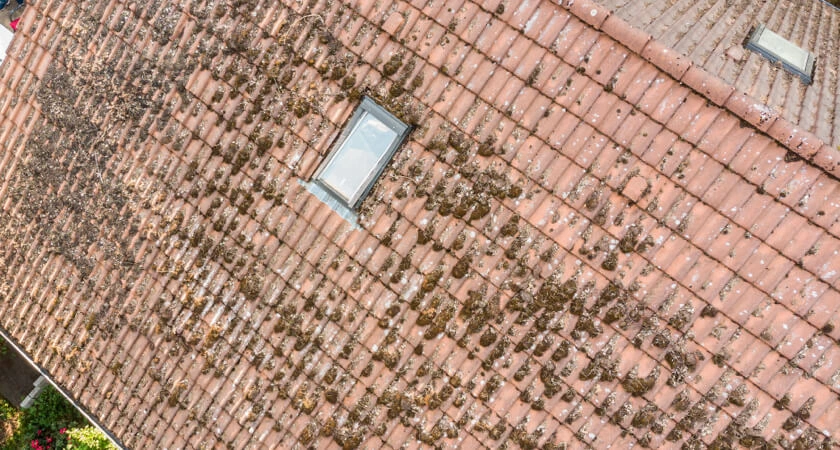

Our Inspection Process
- Consultation & planning – We start by discussing your objectives, reviewing asset drawings and determining the scope of work. Our team identifies any flight restrictions, obtains permissions from the Civil Aviation Authority (CAA) and prepares risk assessments.
- Site survey & mission planning – Before flight, we conduct a site survey to locate obstacles and establish safe take‑off and landing areas. For structures, we establish georeferenced control points to improve positional accuracy.
- Flight operations – Using RTK‑enabled drones, our pilots follow a pre‑programmed flight path at a safe distance from the asset, capturing overlapping images and sensor data. We maintain line of sight and monitor weather conditions to ensure safe operations.
- Data processing & analysis – Collected images are processed using photogrammetry and thermal analysis software. We generate orthomosaics, 3‑D models and temperature maps, annotating defects and anomalies for further review.
- Reporting & recommendations – You receive a comprehensive report detailing findings, high‑resolution images, annotated diagrams and recommendations for maintenance or repairs. Data can be delivered in formats compatible with CAD, BIM and asset‑management systems.
Safety & Cost Benefits
Improved Safety
Drone inspections keep personnel off ladders, scaffolds and rope systems. Pilots maintain a safe distance while capturing detailed data, reducing the risk of falls and exposure to hazardous environments. Drones can also inspect live electrical equipment and confined spaces without endangering workers.
Reduced Costs
Compared with traditional inspections, drone surveys typically cost 30–50 % less. Savings come from lower labour requirements, minimal equipment hire and the ability to conduct inspections without shutting down operations. For example, a typical roof survey that might cost £2 000 with scaffolding can be completed for £1 000 using a drone.
Faster Turnaround
Drones can inspect large roofs and long pipelines in hours rather than days. With automated flight paths and rapid data processing, reports are delivered quickly, enabling timely decisions. This minimises the risk of small defects becoming costly failures.
Detailed & Repeatable Data
High‑resolution imagery, thermal maps and 3‑D models provide a level of detail that exceeds manual inspections. Because the flight path is automated, follow‑up inspections can precisely replicate the same positions and angles, making it easy to monitor changes over time and demonstrate compliance.
Case Studies
Heritage Roof Inspection in York
Our team was commissioned to inspect the slate roof of a Grade II listed building in York. Scaffolding would have cost more than £5 000 and taken a week to erect. Instead, we conducted a drone inspection in a single morning, identifying cracked slates, damaged flashing and areas of heat loss. The client used our annotated images to plan repairs without disrupting visitors.Bridge Inspection for a Rail Operator
We performed a structural inspection of a steel railway bridge over a river. Traditional rope access was risky and would have required a track possession. Using a drone fitted with a zoom lens, we captured close‑up images of gusset plates, rivets and joints from multiple angles. The 3‑D model revealed minor corrosion on support beams, which the maintenance team addressed during scheduled works.Industrial Chimney Stack Survey
At an industrial plant in Manchester, a chimney stack showed signs of deterioration. We deployed a UAV with a thermal camera to identify heat leaks and a high‑resolution camera to inspect masonry cracks. The inspection, completed in less than two hours, helped prioritise repairs and prevented an unplanned shutdown.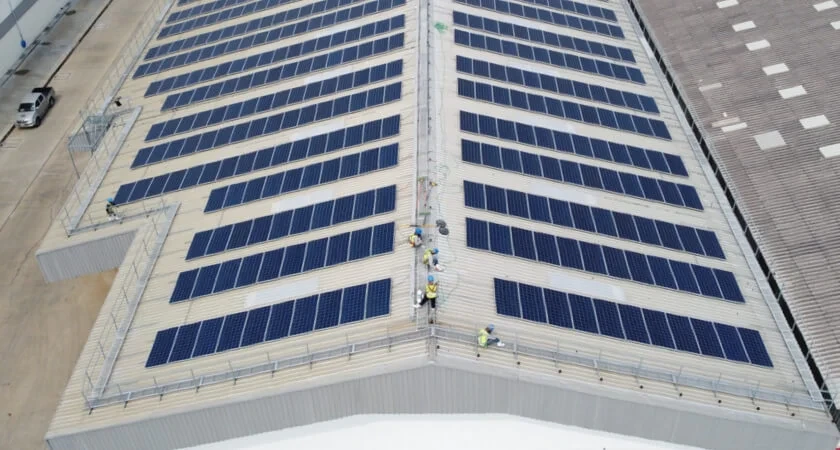

Ready to protect your assets and reduce inspection costs?
Request a free drone inspection quote today by clicking the “Get a Quote” button below. We’ll discuss your requirements and provide a tailored proposal within 24 hours.
Get a QuoteFrequently Asked Questions
How accurate are drone inspections?
Our drones use high‑resolution sensors and, where applicable, RTK/PPK positioning to ensure centimetre‑level accuracy. For structural measurements, we correlate imagery with georeferenced control points to deliver precise measurements and reliable results.
Do I need to shut down operations during a drone inspection?
In most cases, no. Drones fly above or beside the asset without physical contact, allowing inspections to take place while your facility remains operational. For safety, we coordinate with your team to manage flight paths and avoid interference with equipment.
How long does a drone inspection take?
Flight time varies depending on the asset size and complexity. A typical roof inspection takes 1–2 hours; a structural or industrial site may require half a day. Data processing and reporting usually take 1–3 days. Overall, drone inspections deliver results far faster than traditional methods.
What deliverables will I receive?
You receive a report with high‑resolution images, annotated orthomosaics, thermal maps, 3‑D models and a summary of findings. We provide files in PDF, JPEG, PNG and formats compatible with CAD/BIM software. For industrial inspections, we supply temperature spreadsheets and video clips.
Are drone inspections safe and legal?
Yes. Sky Scan Surveys holds CAA approval for commercial drone operations and adheres to UK aviation regulations. Our pilots are experienced and trained in risk assessment, emergency procedures and airspace safety. We carry comprehensive insurance and complete risk assessments for each project.
Why Choose Sky Scan Surveys?
- Certified & Experienced – Our pilots are CAA‑approved and hold CITB SMSTS and SafeContractor accreditations. We have inspected hundreds of roofs, bridges and industrial plants across the UK.
- Advanced Technology – We invest in high‑resolution cameras, thermal imaging sensors and LiDAR scanners to deliver detailed, actionable data.
- Comprehensive Services – From roof inspections to volumetric surveys and scan‑to‑BIM, our services cover all stages of asset management. Explore related services: Drone Roof Inspections, Scan‑to‑BIM, Drone Land Surveys and Volumetric Surveys.
- Transparent Pricing – Bespoke quotes with clear breakdowns. We work within your budget and timeline, ensuring there are no hidden fees.
- Nationwide Coverage – Our teams operate throughout England, Scotland, Wales and Northern Ireland, providing local knowledge and rapid deployment.
- Trusted by Clients – We’ve partnered with construction firms, rail operators and industrial companies who rely on our inspections to prevent costly failures. Testimonials and case studies are available on our website.
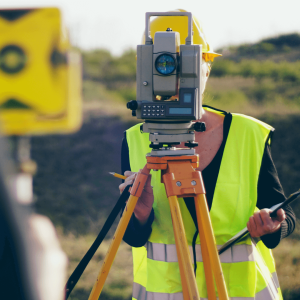

Paul Harty
CAA certified drone pilot & surveyor .
At Sky Scan Surveys, we pride ourselves on being a team of CAA-certified commercial drone pilots with extensive training and experience in SURVEYING and post-processing aerial data. Our collective commitment is to deliver the highest quality services to our clients. We hold qualifications that ensure top-notch safety, professionalism, and accuracy in all of our work.


